
The hosts of the 2034 World Cup will be confirmed at the next FIFA congress on December 11 – but the winners are already known.
Saudi Arabia are bidding unopposed and will host the tournament for the first time, 12 years after Qatar staged the 2022 event.
In doing so, the Middle East country will also become the first nation to host a 48-team World Cup alone – the 2026 tournament will be shared between USA, Canada and Mexico, while 2030 will be hosted by a combination of Spain, Portugal, Morocco, Argentina, Uruguay and Paraguay.
Bid chief speaks to FFT
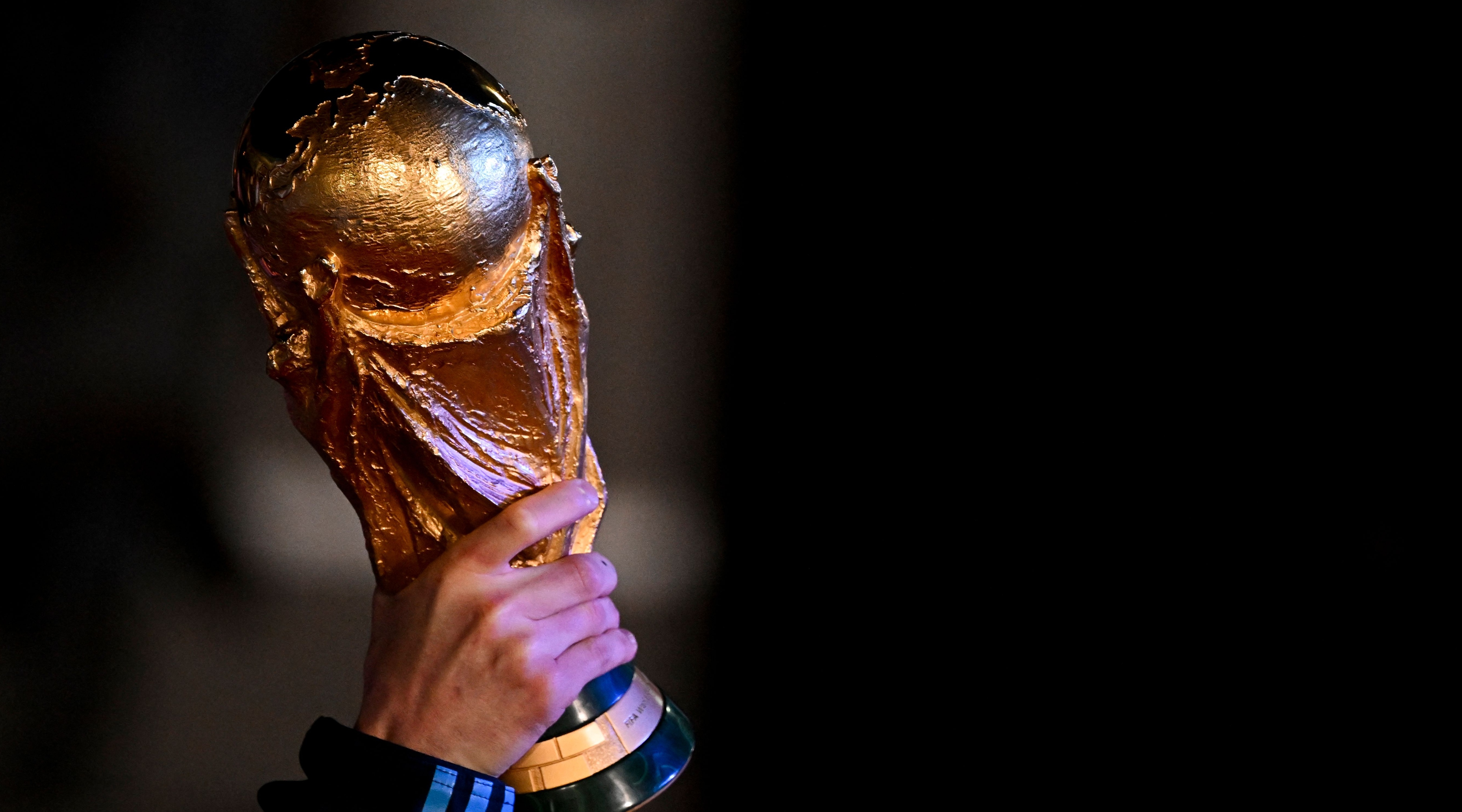
FourFourTwo recently spoke to Saudi Arabia’s 2034 World Cup bid CEO Hammad Albalawi, to ask him his thoughts on the tournament.
Saudi Arabia’s Public Investment Fund took over Newcastle United in 2021, and Albalawi coincidentally already supported the club.
“I was born in Saudi Arabia, I was raised in the UK and I had huge interest in Newcastle from the early 90s,” he explained. “That interest has been very convenient recently, with the acquisition of PIF into Newcastle.”
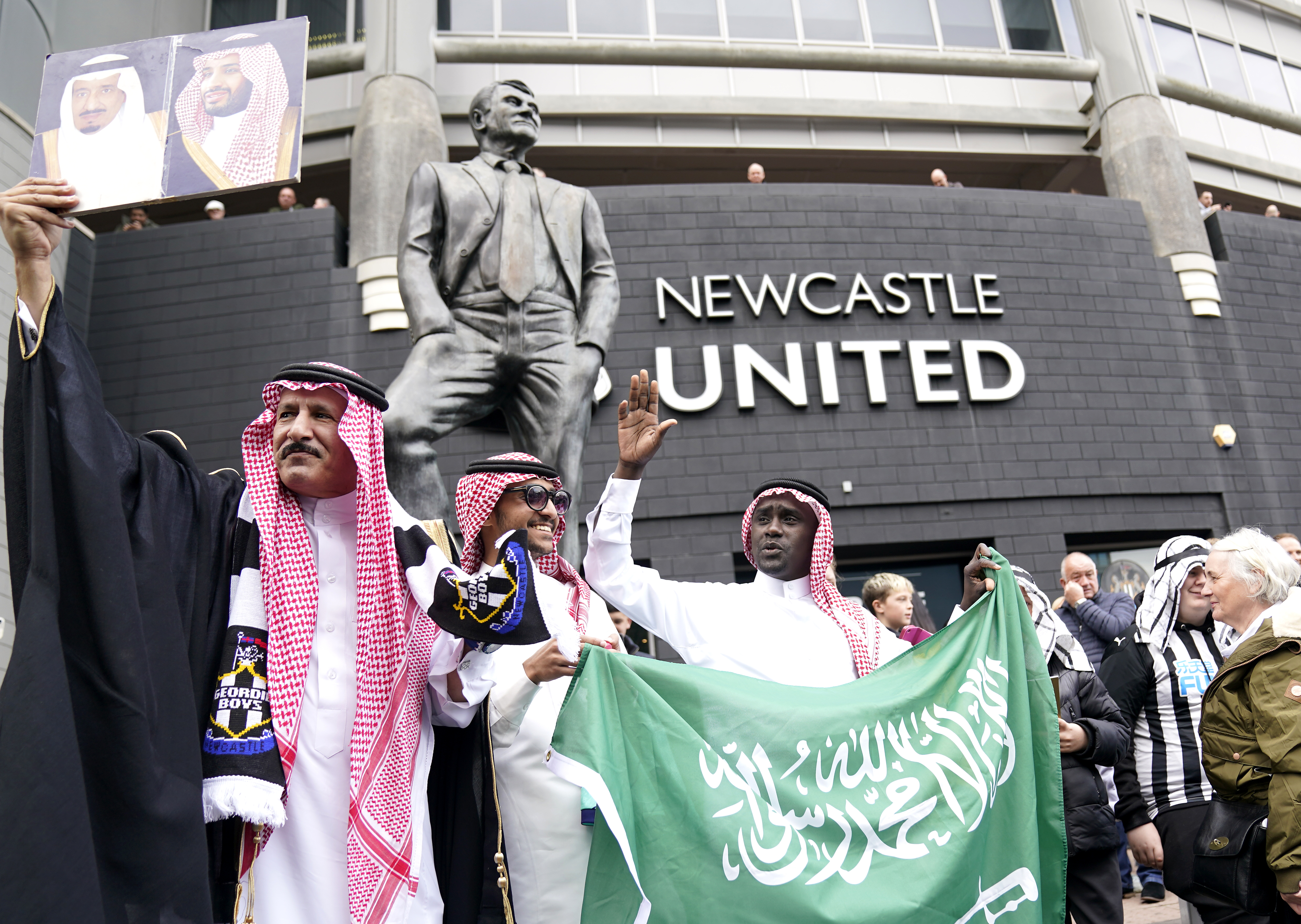
Does he hope Newcastle will be Premier League champions by 2034? “Well, hopefully it won’t take us another 10 years to win a trophy, I think 70 years is enough of a wait…” he said.
Asked why Saudi Arabia decided to bid to host the World Cup, Albalawi said: “We love the game – 80 per cent of our population follow the game.
“The challenge is how we can take that following and convert it, getting more people in stadiums, more people playing the game, better commercial returns. Hosting the World Cup is a natural next step for us. We’re committed to this.”
There are a number of significant concerns, though, that have been expressed by fans and media around the world, about Saudi Arabia hosting the tournament.
When Qatar hosted the World Cup, there were controversies around LGBTQ+ rights for fans visiting the tournament – given that homosexuality is also illegal in Saudi Arabia, FFT asked whether it will be ensured that a repeat of that situation will be avoided.
“We’ve already seen so many developments here,” Albalawi said. “You talked about the LGBTQ+ community, we received 27 million tourists last year, we had more than 100 international sporting events attended by three million sports fans.
“Those fans entered the country, we respected the law of privacy, they enjoyed their time, and they visit again. You will be respected here, you will be hosted with open arms and open hearts.
“My message is that everyone is welcome – come and visit, and see what it’s like here.”
Human rights assessment questioned
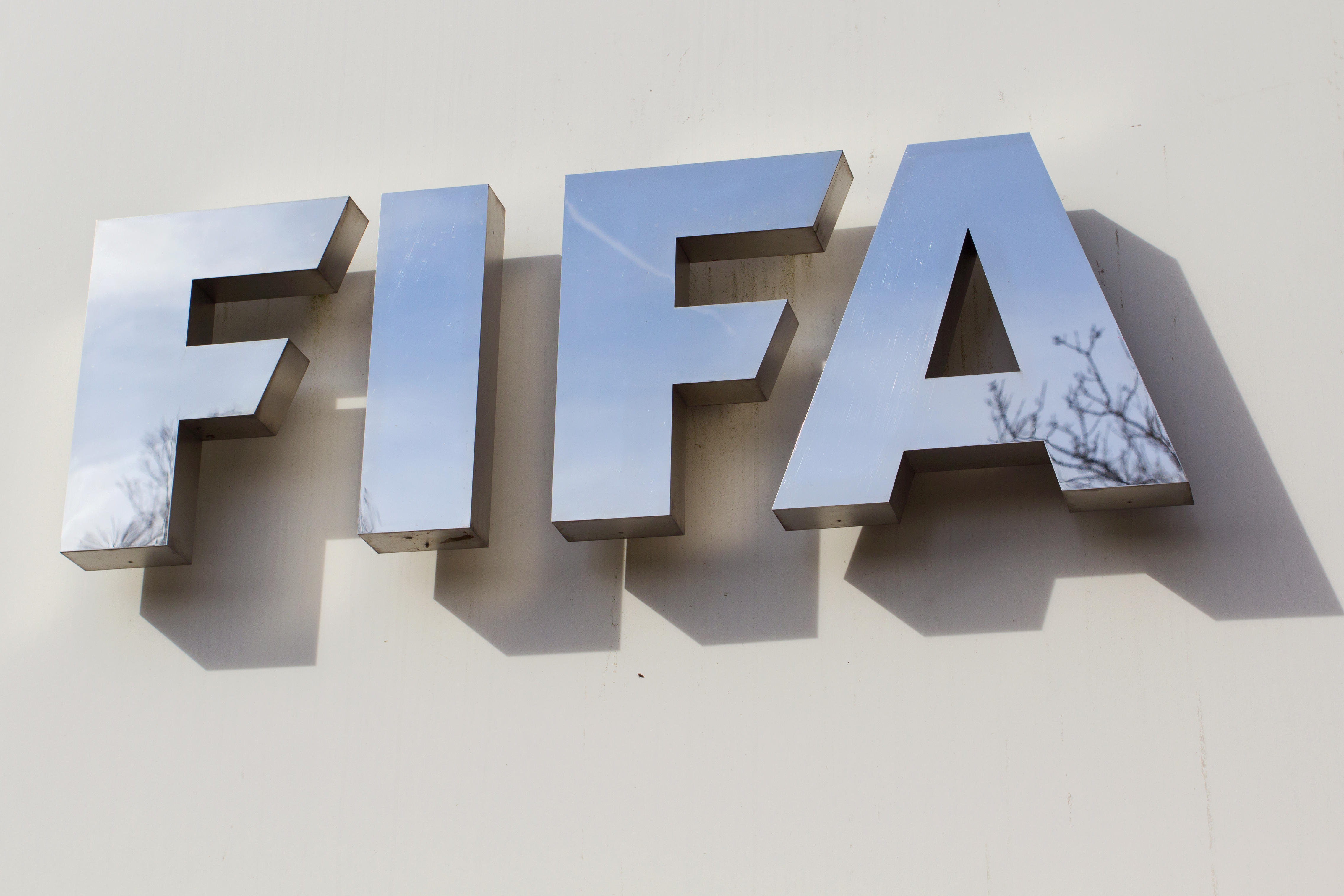
Amnesty International and 10 other groups recently said that a human rights assessment of the 2034 World Cup bid, conducted by a law firm and published by FIFA, was “flawed”.
“We’ve followed a very public process throughout this bid, we’ve satisfied all of the requirements in line with FIFA standards,” Albalawi responded. “We invite people to visit Saudi Arabia and truly understand our country – this is the best way to have an opinion about Saudi Arabia.”
More than 100 female footballers have also said they’re uncomfortable with FIFA’s partnership with Saudi oil company Aramco, because of concerns about women’s rights in the country.
“Come and visit,” Albalawi insisted. “See the facts. This is the best way to have a credible view.
“We started a project with women’s football two-and-a-half years ago, we now have three divisions, many clubs and more to come. We’ve started to make sure schools have the facilities so that young girls can play.
“Two years ago we had zero registered girls playing football in schools, now there are more than 80,000. Young girls play football because they love it, they’re inspired by the game.”
Women were only allowed into football grounds in Saudi Arabia from 2018, as part of reforms in the country in recent years.
Saudi Arabia’s women’s team played their first game just two years ago, but have since recruited former Barcelona Champions League winning boss Lluis Cortes.
Alcohol rules addressed
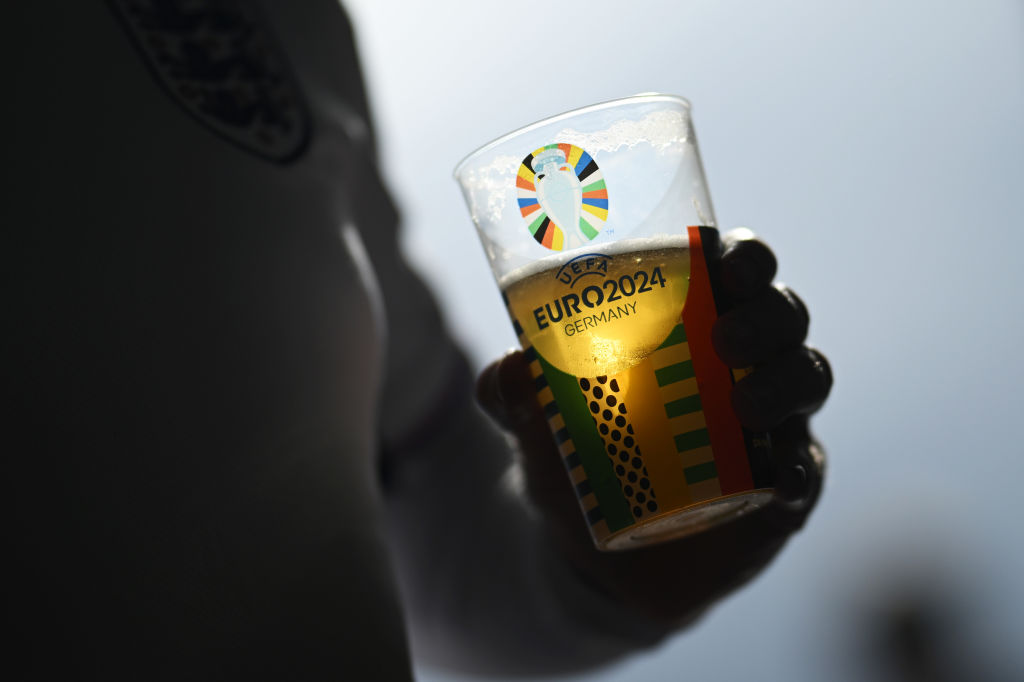
Albalawi was asked if hosting the World Cup could help to change Saudi Arabian society for the better, potentially leading to new laws being created.
“We’ve already seen many new policies and laws that have given people more opportunity – in the area of women, we have a law that mandates that there’s no gender pay gap,” he said. “Reforms are happening every day, and not because we’re hosting the World Cup.”
Saudi Arabia is yet to confirm whether alcohol will be allowed at the World Cup – only registered diplomats are currently permitted to consume it in the Muslim country. Asked if that might put some fans off travelling, Albalawi insisted it shouldn’t.
“There are many reasons to visit,” he said. “Did you feel safe, did you enjoy your time in Saudi Arabia? Did you eat beautiful food and go to beautiful places? Did you feel that the fans in the stadiums were less passionate? We have true passion for the game.
“I respect fans that want access to alcohol, and they can have it in many countries around the world, but in Saudi Arabia they’ll come for other reasons.”
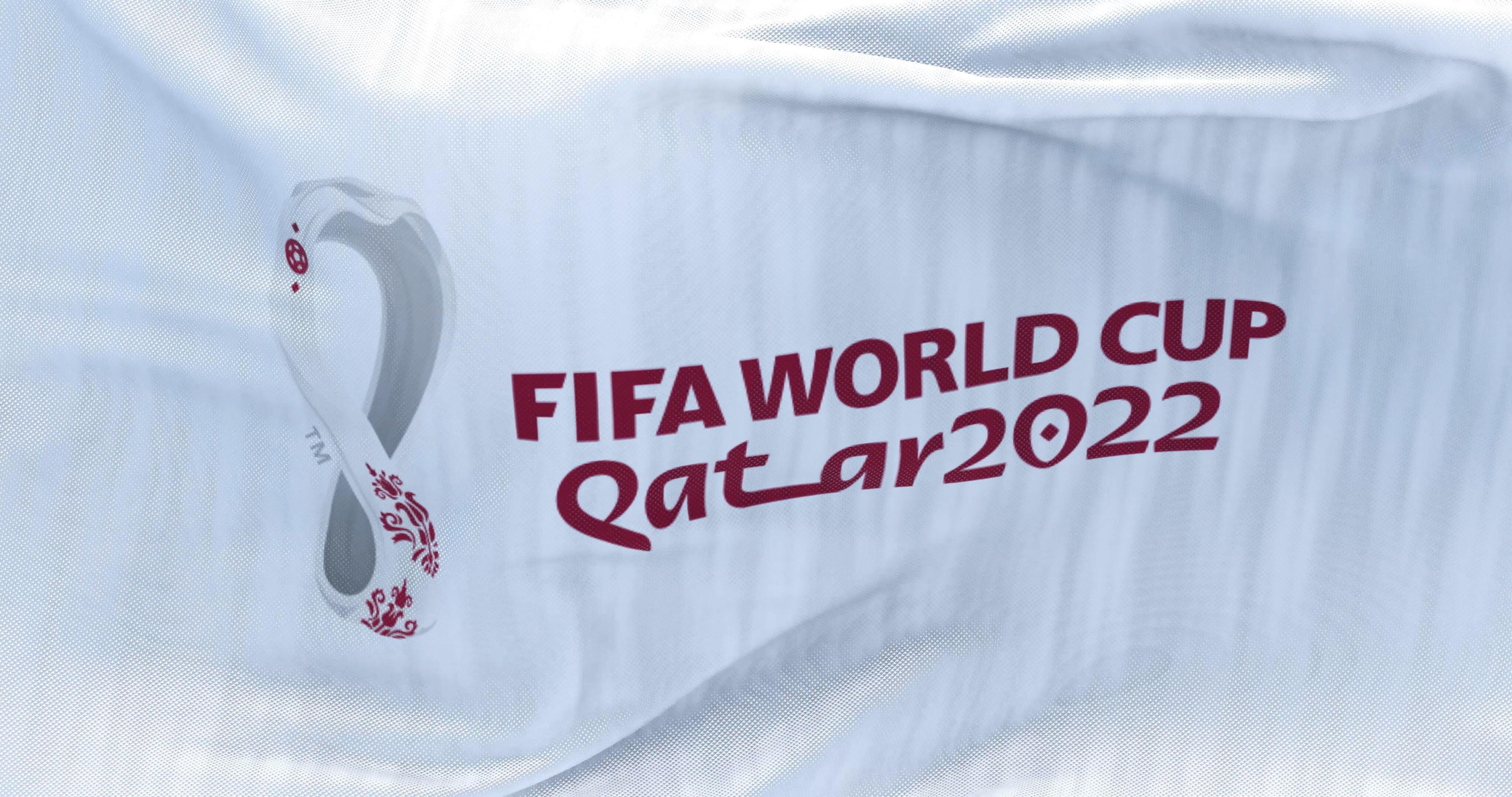
It’s also yet to be confirmed whether the World Cup will be held in summer or winter – the Qatar tournament was switched to winter, and Saudi Arabia’s similarly hot summer climate means another move to the end of the calendar year seems inevitable.
“The football calendar has been decided until 2030, beyond that it’s a conversation for FIFA, the confederations and the leagues,” Albalawi said.
“If awarded the rights, it’s a conversation we’d welcome to deliver the tournament at the most appropriate time. We’re ready to host at any time.”
There will be a more in-depth, all-encompassing report about football in Saudi Arabia in the next issue of FourFourTwo magazine.







